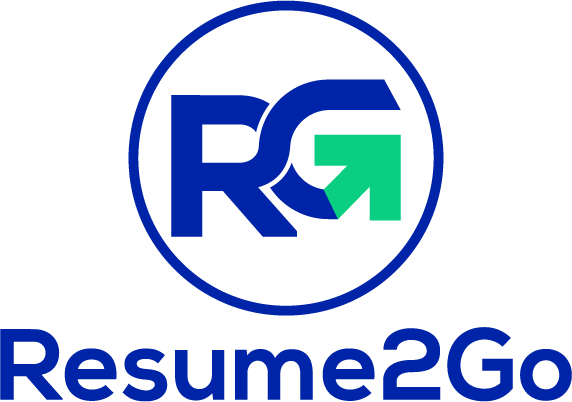How to Write a Cover Letter: Tips for Job Seekers

Writing a compelling cover letter can be a daunting task in the job application process, especially with so much conflicting advice available. However, a well-crafted cover letter is crucial in setting you apart from other candidates and can significantly enhance your chances of landing an interview. Here’s a step-by-step guide to help you write an effective cover letter.
1. Conduct Thorough Research
Before you begin writing, it’s essential to conduct thorough research on the company and the specific job you are applying for. Reading the job description carefully will help you identify important keywords to incorporate into your letter. Explore the company’s website, check out their social media profiles, and look for employee testimonials on LinkedIn. This research will enable you to tailor your cover letter effectively, ensuring it aligns with the company’s values and culture.
2. Utilize Relevant Keywords
Incorporating relevant SEO keywords can improve the visibility of your application in applicant tracking systems. Use phrases such as “team collaboration,” “project management,” “customer service,” and “data analysis” where applicable. This strategy not only helps your letter stand out but also makes it easier for hiring managers to identify your qualifications quickly.
3. Create a Strong Opening Statement
Your opening statement should grab the reader’s attention immediately. Instead of starting with, “I’m applying for the X position,” lead with a strong statement that highlights your enthusiasm for the role. For example: “With over five years of experience in digital marketing, I am eager to bring my proven skills in campaign management and content creation to your dynamic team.” This approach sets a positive tone and emphasizes your qualifications from the outset.
4. Focus on Future Contributions
While your resume summarizes your past experiences, your cover letter should focus on how you plan to contribute to the company’s future success. Discuss your transferable skills and relate them to the specific needs of the role. Highlight how your experience aligns with the company’s goals, especially if you’re transitioning to a new industry.
5. Showcase Problem-Solving Skills
Hiring managers are often looking for candidates who can solve problems effectively. Identify potential challenges the company may face and discuss how your skills can help address them. Use phrases like “results-oriented” and “strategic thinker” to emphasize your ability to contribute positively to the organization.
6. Express Genuine Enthusiasm
Conveying your enthusiasm for the position is essential. A statement like, “I am excited about the opportunity to work with your innovative team,” can make a strong impact. Employers want candidates who are not just qualified but also genuinely interested in contributing to their organization.
7. Maintain a Professional Tone
While it’s important to express enthusiasm, maintain a professional tone throughout your letter. Avoid overly casual language or excessive flattery. Instead, focus on showcasing your skills and experience in a confident yet respectful manner.
8. Keep It Concise
Lengthy cover letters can deter hiring managers. Aim to keep your letter to one page, using clear and concise language. Break up large blocks of text into shorter paragraphs for easier reading.
9. Get Feedback Before Sending
Before submitting your cover letter, seek feedback from friends or colleagues. Ask them to identify any areas that may seem unclear or overly verbose. Constructive criticism can help refine your letter and ensure it effectively communicates your value to potential employers.
10. Follow Application Guidelines
If you’re applying through an online system that doesn’t allow for a cover letter, ensure that your resume effectively highlights your skills and experiences related to the position. You may also follow up with a brief email expressing your interest and reiterating key qualifications.
Key Principles to Remember
- Do:
- Use industry-specific keywords to enhance visibility.
- Start with a compelling opening statement.
- Keep it succinct and focused on key contributions.
- Don’t:
- Avoid humour that may not resonate well.
- Skip generic statements—customize your content for each role.
- Overdo flattery; maintain professionalism throughout.
For additional resources on crafting impressive resumes and cover letters, consider visiting Resume2Go, a platform designed to help you present your qualifications effectively.
